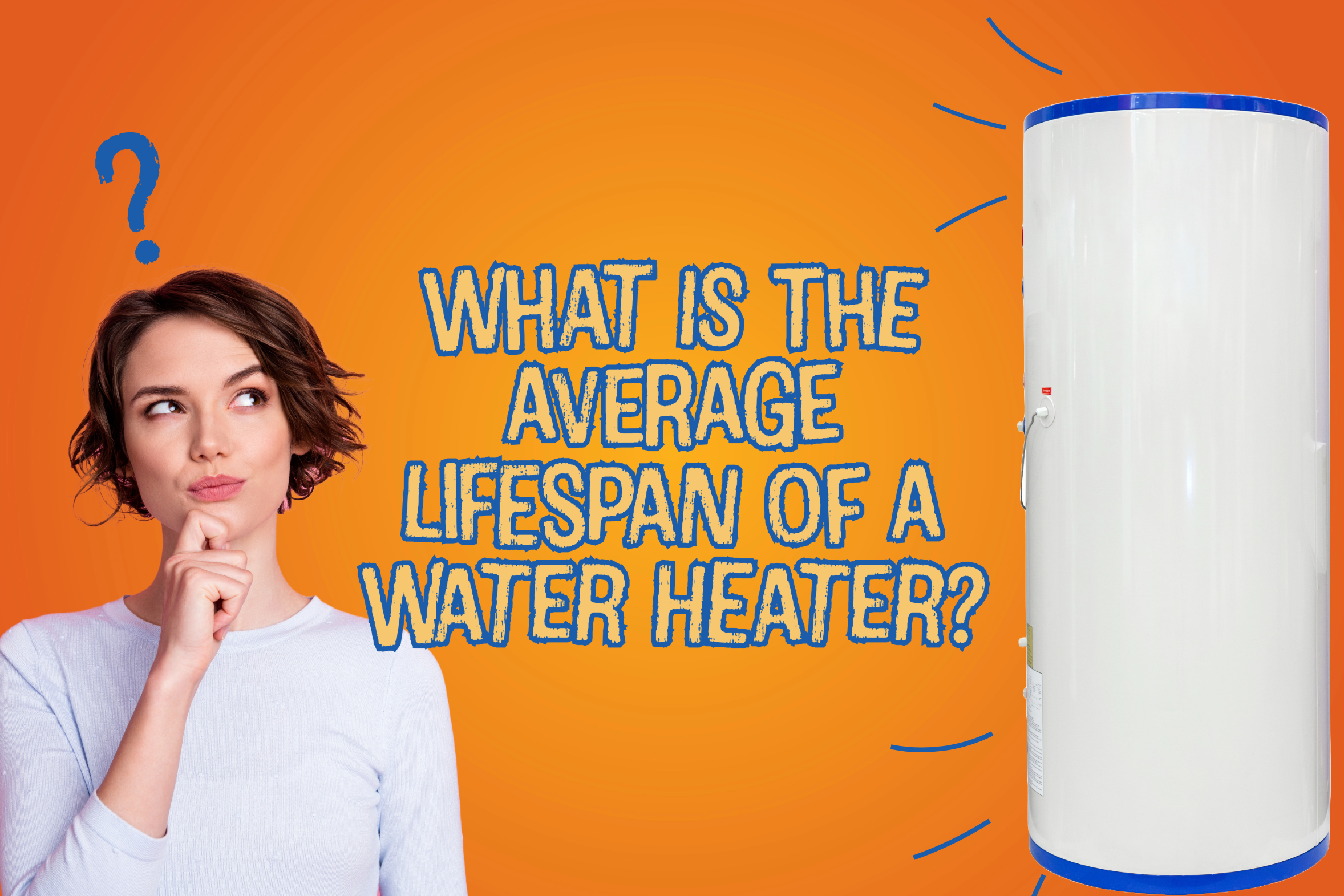Having trouble with your water heater and not sure what your next move should be? You’ve come to the right place! At Grove City Plumbing & Drain, we understand the difficulties homeowners face when dealing with water heater issues, especially if it’s your first time. You might be wondering what questions to ask, how to decide between repair or replacement, and why a replacement might be necessary. We’re here to clear up all these concerns!
Our mission is to offer you a smooth, stress-free experience for all your home needs. One common question we get is: What is the average lifespan of a water heater?
A Water Heater’s Average Lifespan
A water heater typically lasts about 8 years, but with proper care, some can reach up to 10 years. If your water heater is 10 years old, it’s likely near the end of its life. Regular maintenance and planning can prevent unexpected issues, as no one likes surprises.
Impacting Factors of a Water Heater’s Lifespan
Several factors affect the lifespan of your water heater. Consider the following:
- Regular Use: Your water consumption impacts how long your water heater lasts. While you don’t need to limit usage, keep this in mind.
- Preventative Maintenance: Regular check-ups and annual flushing extend your unit’s life. Skipping these can speed up wear and tear.
- Water Quality: Hard or soft water affects your heater. Minerals like calcium and magnesium can build up over time, reducing lifespan and efficiency.
- Installation Quality: Poor installation can lead to faster wear, damage, and safety hazards.
- Equipment Quality: Opting for cheaper, lower-quality equipment can shorten lifespan. The materials used in these appliances impact their functionality and endurance.
Time to Plan for a Replacement Water Heater
In additional, there are also several signs can indicate that your water heater is nearing the end of its life:
- Rusty Water – If your faucet water looks discolored or “rusty,” it might be time for a replacement. The same applies if your water has a “metallic” smell or taste.
- Water Not Heating – If your water heater isn’t providing enough hot water like it used to, sediment buildup or wear and tear might be the cause, necessitating a replacement.
- Water Leakage – If you notice water pooling around your unit, get a professional assessment right away. Depending on the source, you might need a replacement.
- Unit Age – A water heater over ten years old often needs replacing, as age is a significant factor in its lifespan.
- Frequent Repairs – If your unit requires multiple consecutive repairs, it might be more cost-effective to invest in a new, energy-efficient model.
Preventative Maintenance to Prolong a Water Heater’s Lifespan
Since water heating makes up about 18% of a household’s energy costs, it’s important to keep your water heater in good shape. Routine maintenance can help your system run smoothly and last longer.
- Flushing Your Water Heater: Sediment buildup can cause your system to overheat, leading to expensive repairs and a shorter lifespan. Regular flushing prevents these issues and keeps it efficient.
- Avoiding High Water Temperatures: Setting your water heater too high can wear it down faster. Opt for moderate settings to ensure it lasts longer.
- Preventing Exterior Rust Buildup: Rust on the outside of your unit can reduce efficiency and lifespan. Regular checks and maintenance can stop this.
- Staying Current with Annual Maintenance: Don’t skip your annual plumbing inspections, even if they seem unnecessary. They ensure everything runs smoothly. A licensed plumber can spot and fix minor issues before they become major problems. For comprehensive plumbing inspections, call us to keep your home’s plumbing in top shape.
Tracking the age of your water heater is smart for planning its eventual replacement. Need help figuring out its age or want a free water heater estimate? Whatever your questions or needs, we’re here to assist!
Contact Grove City Plumbing & Drain by calling (614) 362-3345 or clicking here to schedule an appointment now!




